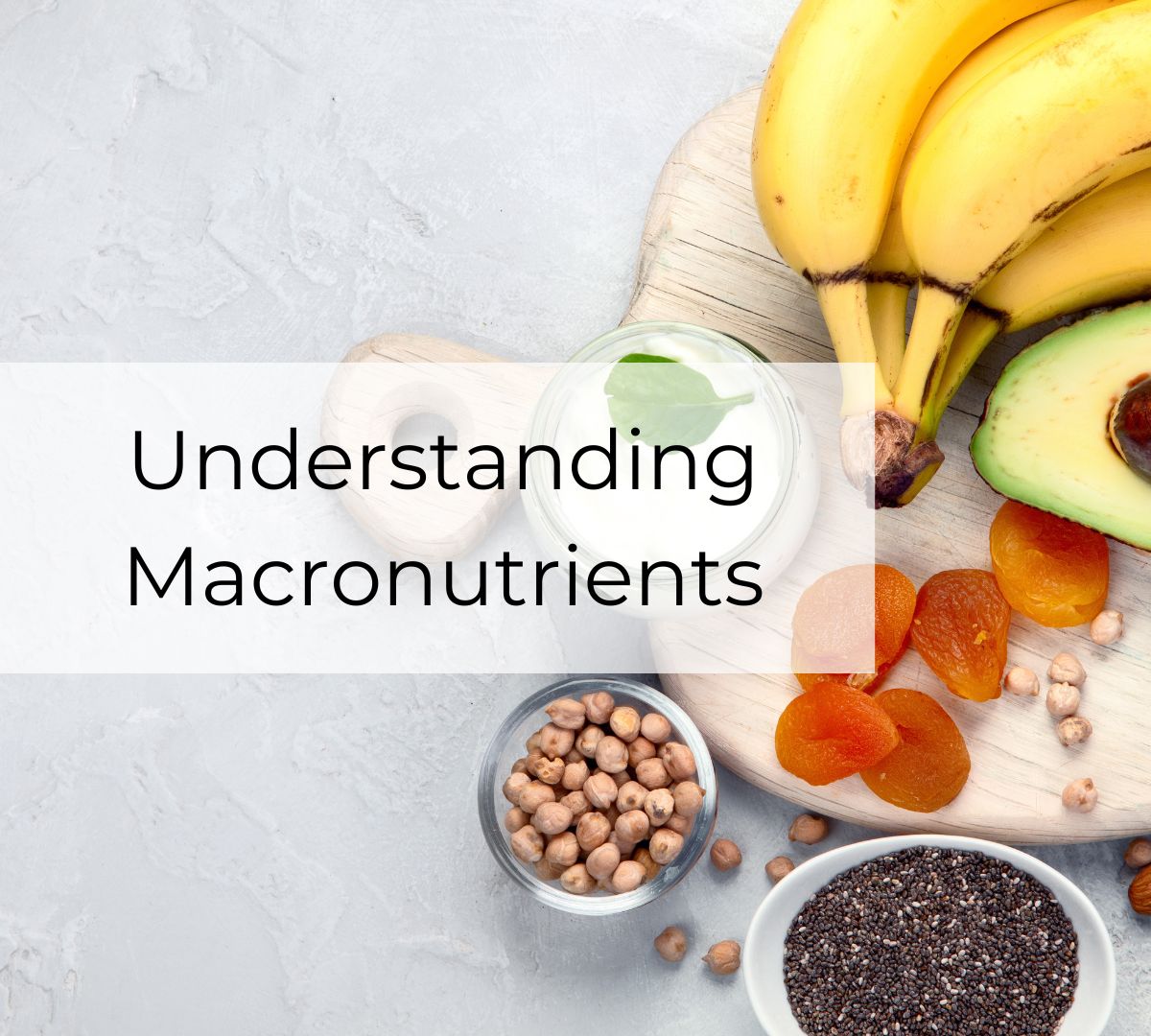Intermittent fasting (IF) is more than just a passing trend—it’s a lifestyle choice that many people swear by for its potential benefits. From weight loss to improved brain and heart health, the promises of intermittent fasting are enticing. But as with any health practice, it’s important to understand how it works and to choose the approach that’s right for you.
This guide will take you through the basics of intermittent fasting, the science behind it, and tips for getting started safely. Let’s dive in!
What is Intermittent Fasting?
Intermittent fasting (IF) is an eating pattern that alternates between periods of eating and fasting. IF is more concerned with when you eat than it is with what you consume, unlike traditional diets. This makes it more of a lifestyle change than a restrictive diet.
The most popular method is to fast for sixteen hours and eat every day for eight hours. However, there are many variations that can be tailored to your lifestyle.
Historically, fasting has been part of human culture for centuries, often for religious or spiritual reasons. In fact, many religious practices such as Ramadan in Islam, Lent in Christianity, and Yom Kippur in Judaism involve periods of fasting.
But in today’s world, fasting has gained popularity for its potential health benefits, making it a favored tool in the health and fitness community.
How Intermittent Fasting Works
During fasting periods, your body undergoes several changes at the cellular and molecular level. These changes can influence your metabolism, hormone levels, and even your gene expression.
Here’s a breakdown of what happens when you fast:
- Human Growth Hormone (HGH) Increases: Higher levels of HGH can promote fat loss and muscle growth.
- Insulin Levels Drop: Lower insulin levels improve insulin sensitivity and make stored body fat more accessible for energy.
- Cellular Repair: Your body initiates processes like autophagy, where cells remove old and dysfunctional proteins.
- Gene Expression: Fasting can alter the function of genes related to longevity and disease prevention.
These changes, combined with a natural reduction in calorie intake, contribute to the potential weight loss and health benefits associated with intermittent fasting
Popular Intermittent Fasting Methods
There are several popular methods of intermittent fasting, and each offers a unique approach to structuring your eating and fasting periods:
- The 16/8 Method: Also known as the Leangains protocol, this involves fasting for 16 hours and limiting your eating to an 8-hour window. It’s one of the simplest methods to follow and is often done by skipping breakfast.
- Eat-Stop-Eat: This method involves fasting for 24 hours once or twice a week. It’s a bit more advanced, so it’s best for those who are already comfortable with fasting.
- The 5:2 Diet: Here, you eat normally for five days a week and restrict your calorie intake to 500-600 calories on two non-consecutive days.
For many, intermittent fasting naturally leads to consuming fewer calories, which can result in weight loss over time.
The Health Benefits of Intermittent Fasting
While research is still ongoing, intermittent fasting has been linked to a variety of health benefits. Below are a few of the most noteworthy:
- Weight Loss: Intermittent fasting can help you shed pounds without needing to count calories or restrict specific foods. By eating in a shortened window, you naturally reduce your overall calorie intake.
- Improved Insulin Sensitivity: IF can lower insulin resistance, which helps stabilize blood sugar levels and may reduce the risk of type 2 diabetes.
- Reduced Inflammation: Some studies suggest that intermittent fasting can lower markers of inflammation, which is a key driver of many chronic diseases.
- Brain Health: Fasting may increase levels of brain-derived neurotrophic factor (BDNF), which supports brain function and the growth of new nerve cells.
- Heart Health: IF has been associated with lower blood pressure, improved cholesterol levels, and better heart health overall.
However, it’s important to note that much of the research on intermittent fasting is still in its early stages, with many studies being small or conducted on animals. To completely comprehend the long-term impacts of intermittent fasting on human health, more research is required.
Who Should Be Cautious About Intermittent Fasting?
Intermittent fasting isn’t for everyone. If you’re underweight, have a history of eating disorders, or have specific medical conditions, you should speak with your doctor before trying IF. This is especially important if you:
- Have diabetes or issues with blood sugar regulation
- Have low blood pressure
- Take medication
- Are pregnant or nursing
- Are trying to conceive
- Have a history of amenorrhea (missing periods)
Should Women Fast?
There’s some evidence that intermittent fasting may not be as beneficial for women as it is for men. Some women report disruptions in their menstrual cycle when they start fasting, which may be due to hormonal changes triggered by fasting.
On the flip side, intermittent fasting has been shown to help with conditions like polycystic ovarian syndrome (PCOS) by improving hormone balance. However, if you’re a woman considering intermittent fasting, it’s best to start slowly and monitor how your body responds. Consulting a healthcare provider is a good idea, especially if you have any concerns.
Safety and Side Effects
Hunger is the most frequent adverse impact of intermittent fasting. You may also feel weak or experience brain fog as your body adjusts to the new eating pattern. However, these effects are usually temporary.
If you choose to attempt intermittent fasting, go slowly at first. Listen to your body, and don’t hesitate to stop if it’s not working for you.
Frequently Asked Questions
Can I drink liquids during the fast?
Yes, you can drink water, coffee, tea, and other calorie-free beverages during your fasting periods. Coffee, in particular, can help suppress appetite.
Is it unhealthy to skip breakfast?
Not necessarily. Skipping breakfast is fine as long as you eat balanced meals throughout the day. The key is to listen to your body and ensure you’re getting the nutrients you need.
Can I take supplements while fasting?
Yes, but keep in mind that some supplements work best when taken with food. For example, fat-soluble vitamins ought to be taken with a meal that includes some fat.
Can I exercise while fasting?
Yes, many people exercise while fasting. However, you may feel more fatigued than usual, so it’s important to listen to your body and adjust your workouts accordingly.
Getting Started with Intermittent Fasting
Chances are, you’ve already experienced intermittent fasting without realizing it. If you’ve ever skipped breakfast or dinner and gone several hours without eating, you’ve fasted. The key to starting intermittent fasting intentionally is to choose a method that fits your lifestyle.
For beginners, the 16/8 method is often the easiest and most sustainable approach. Once you’re comfortable, you can experiment with other methods to see what works best for you.
The Bottom Line
Although it’s a useful tool, intermittent fasting isn’t a universally applicable answer. One person’s solution might not be another’s. It’s important to find an eating pattern that fits your lifestyle and supports your long-term health.
While intermittent fasting can help with weight loss and offer other health benefits, it’s essential to pair it with a balanced diet, regular exercise, and adequate sleep. At the end of the day, sustainable health practices are about balance, not restriction.
If you feel good while fasting and find it fits your routine, it could be an effective way to improve your health. Just remember, the best diet is the one that you can maintain in the long run.



